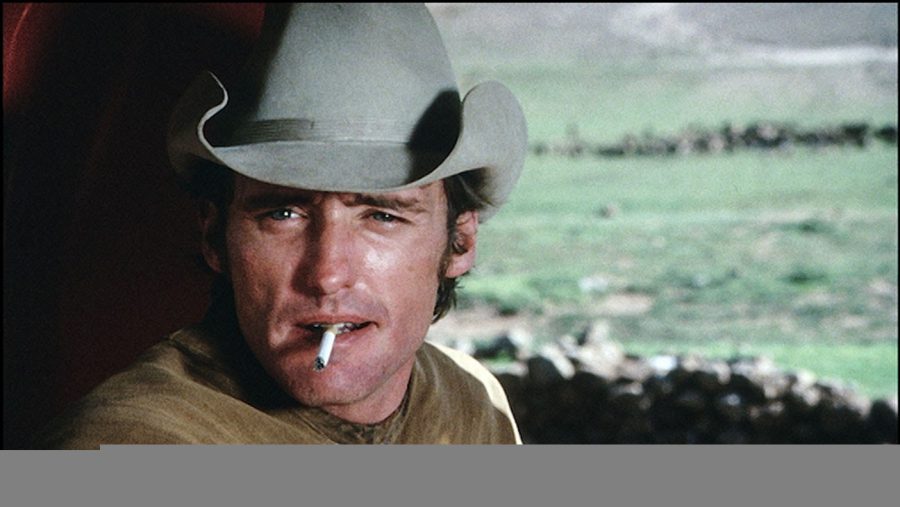Anthology Honors the Legacy of Dennis Hopper
Courtesy of Anthology Film Archives
The Anthology Film Archives’ review of Dennis Hopper’s career will run from December 2nd to the 11th.
November 30, 2016
A motorcycle-riding hippie. A manic photojournalist. A gas-inhaling psychopath. For a little more than one week in December, the Anthology Film Archives will be showcasing the illustrious career of eccentric actor Dennis Hopper in a series entitled “Dark Hopper.”
The series is a perfect opportunity to look not only at Hopper’s career in Hollywood — which spanned over five decades — but his notable and most impactful role as Frank Booth in David Lynch’s 1986 film “Blue Velvet.”
When young college student Jeffrey Beaumont (Kyle MacLachlan) comes home after his father suffers a stroke, he finds a dismembered ear in the field near his house. This launches him into a whirlwind of mystery, involving an abused lounge singer (Isabella Rossellini) and Hopper’s madman, Frank Booth. With the help of Sandy (Laura Dern), the daughter of a police detective, Jeffrey digs deeper and deeper, unearthing dark secrets of plain and cheery Lumberton.
In the first scene, Lynch presents the town of Lumberton as a pure oasis: a beautiful blue sky, blooming flowers, children in the playground. Then, we move beneath the soil, which reveals a stomach-turning infestation of bugs crawling over each other as if trying to escape from the ground. The town, Lynch shows us, is not as it appears to be. There is an omnipresent darkness circling around that is hidden from the average inhabitant. This darkness manifests itself in Frank Booth, a vicious, unforgiving and profane entity who holds no sympathy for anyone.
The film would not have been the cinematic masterpiece it is today without its score, composed by Angelo Badalamenti. Music plays a prominent and influential part in the film, as if it is its own character. This music is inspired by Bobby Vinton’s song “Blue Velvet” and features a haunting use of Roy Orbison’s song “In Dreams.”
Frank and his posse visit laid-back Ben, a friend and drug supplier, who entrances Frank with his rendition of “In Dreams.” This is the defining moment of the film. It is mysterious and enigmatic, continuing to puzzle us about Frank’s nature. Hopper’s portrayal is ferocious and violent; he embraces the role to such an extent that it is, at times, hard to distinguish between the two. He was destined to play the part, graced with the talent to play the role with such intensity that it shocks viewers.
“Blue Velvet” is made in Lynch’s typical style. From idiosyncratic characters to devilish places, it is full of peculiar and cryptic messages that will shadow the viewers for months and will forever remain in the abysses of their minds.
“Blue Velvet” resurrected Hopper’s career and surprised both fans and critics of the film with the degree of his acting abilities that no one thought they would see again. Hopper’s performance in “Blue Velvet” is immortalized and allows his memory to live on over countless generations.
“Dark Hopper” will be showing at the Anthology Film Archives at 32 Second Ave. from Dec. 2 – 11.
Email Daniella Nichinson at [email protected].




























































































































































